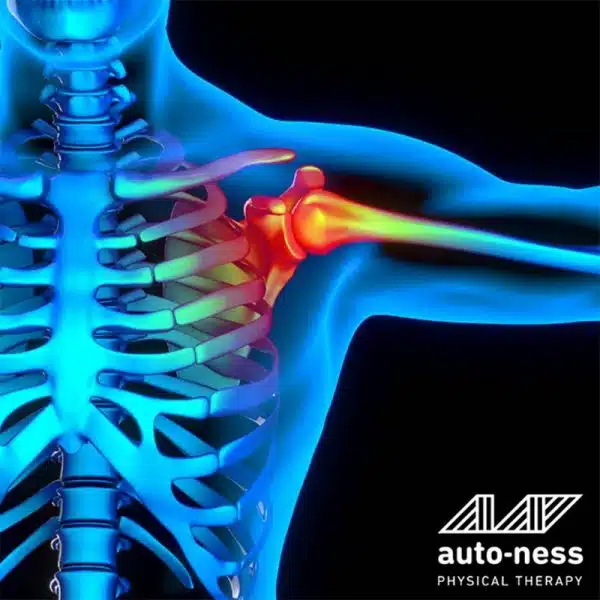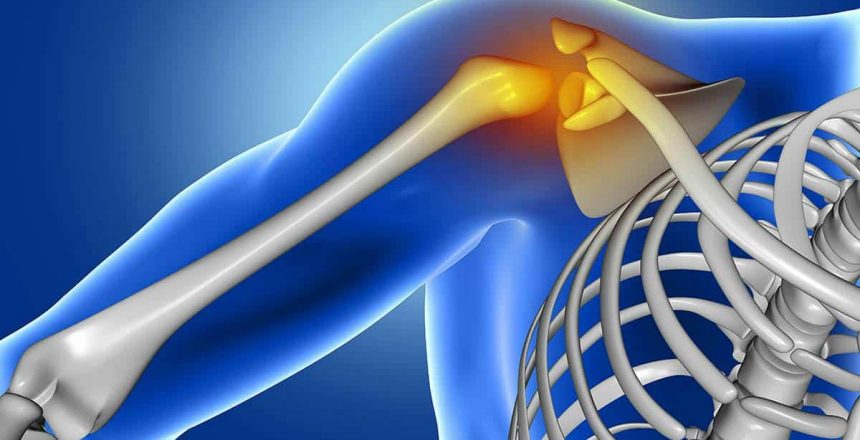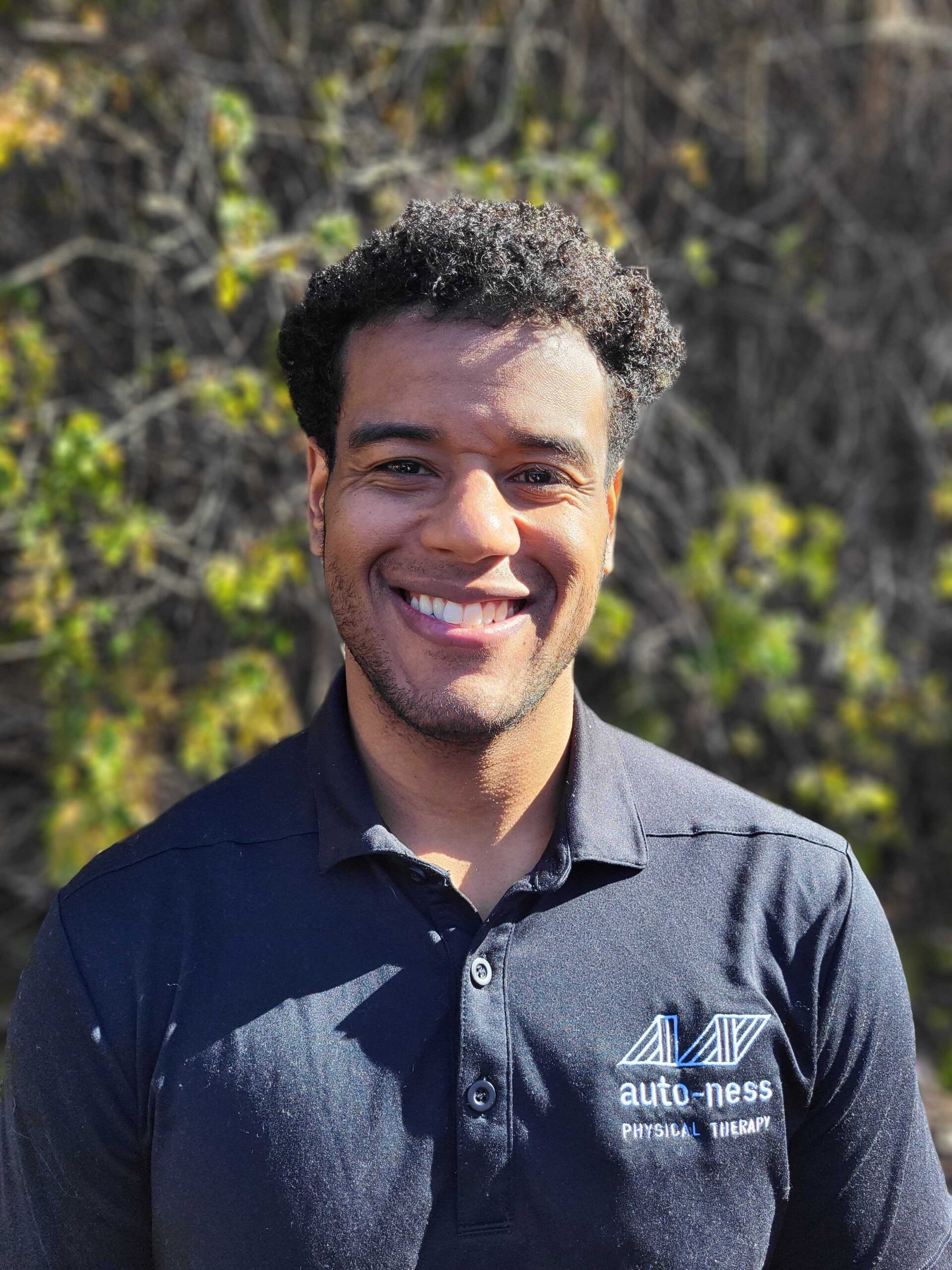Introduction: The Cold Truth About Frozen Shoulder
For those unfamiliar with the term, ‘frozen shoulder’ might sound peculiar. However, for the many who have experienced it, the name is all too fitting. Adhesive capsulitis, or frozen shoulder as it’s commonly known, is a painful and restrictive condition that can deeply affect one’s quality of life. Let’s dive into its intricacies and discover the role of physical therapy in San Diego at Auto-Ness Physical Therapy.
The Iceberg Underneath: What is Frozen Shoulder?
Frozen shoulder is characterized by pain, stiffness, and a limited range of motion in the shoulder. It often develops slowly, progressing through three stages: freezing, frozen, and thawing, which can take months to years to fully resolve.
Cold Factors: What Causes Frozen Shoulder?

Frozen Shoulder: What You Need to Know and How to Thaw It
While the exact cause is often unclear, factors such as age, gender, shoulder trauma, or even conditions like diabetes can increase one’s risk of developing frozen shoulder.
Thawing the Ice: Physical Therapy’s Role
Physical therapy near me is the most common recommendation for those facing frozen shoulder. At Auto-Ness Physical Therapy, our holistic approach aims at gently increasing the range of motion and alleviating pain. Through a combination of stretching and strengthening exercises, many patients can regain full function of their shoulder.
Prevention: Stopping the Freeze Before It Starts
Preventive measures, including maintaining an active lifestyle, practicing good posture, and engaging in regular shoulder exercises, can significantly reduce the risk of developing this condition. For those at higher risk, regular check-ups with a San Diego sports medicine physical therapy expert can be beneficial.
Medicare Therapist Insights: Covered Treatments and Consultations

Frozen Shoulder
For those wondering about the costs associated with treating frozen shoulder, many treatments, including sessions at Auto-Ness Physical Therapy, are covered by Medicare in San Diego, ensuring accessible and quality care for everyone 65+.
Conclusion
Frozen shoulder, while a challenging condition, is treatable. Through early intervention, specialized care at facilities like Auto-Ness Physical Therapy, and dedicated self-care, full recovery is possible. Don’t let your shoulder stay frozen; reach out to us and embark on your journey towards a pain-free life.
FAQ Section
1. How long does frozen shoulder typically last?
Ans – Depending on its severity and the efficacy of treatment, it can last anywhere from a few months to a few years.
2. Is surgery necessary for frozen shoulder?
Ans – Surgery is rarely required and is typically considered only if physical therapy and other treatments don’t yield results.
3. Are certain people more at risk for frozen shoulder?
Ans – Yes, individuals over the age of 40, particularly women and those with certain medical conditions like diabetes, are at a higher risk.
4. Can exercises help in recovering from frozen shoulder?
Ans – Absolutely, exercises focusing on shoulder flexibility and strength are essential components of the recovery process.
For more insights on shoulder health and more, stay tuned to our Physical Therapist Blog, a dedicated space for all things physiotherapy.


